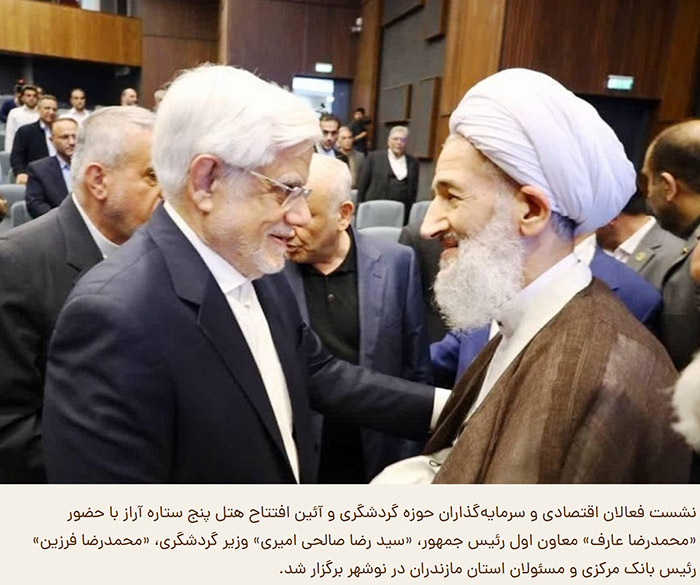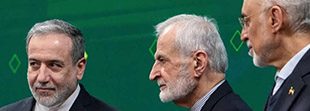Mohammad Reza Aref (born December 17, 1955) is a prominent Iranian politician, academic, and engineer who has played a significant role in Iran’s political and educational landscape. His career spans several decades, marked by his contributions to academia, government, and reformist politics.
Early Life and Education
Born in Yazd to a religious family, Aref exhibited an early aptitude for mathematics. His father, Haj Mirza Ahmad Aref, was a well-known bazaar merchant. Aref’s exceptional mathematical abilities earned him national recognition, and he pursued electrical engineering at the University of Tehran. He later continued his studies at Stanford University, where he earned his doctorate under the supervision of Thomas M. Cover. His research focused on information theory and cryptography, leading to the development of the Aref network theory.
Academic Contributions
Aref has made substantial contributions to the fields of electrical engineering and information sciences. His research on network theory and cryptography has been widely recognized, and he has authored over 380 scientific papers. His book Digital and Analog Communication Systems was named Book of the Year in 1980. In addition to teaching at Isfahan University of Technology and Sharif University of Technology, he has played a key role in advancing Iran’s academic research in engineering and communications.

